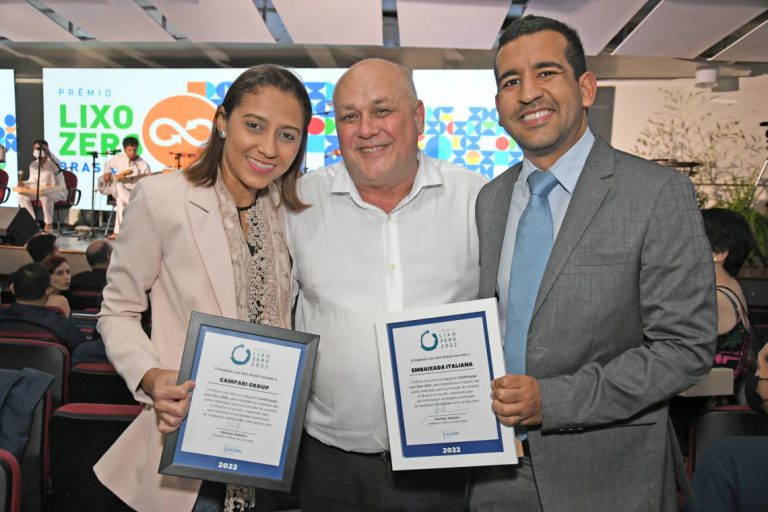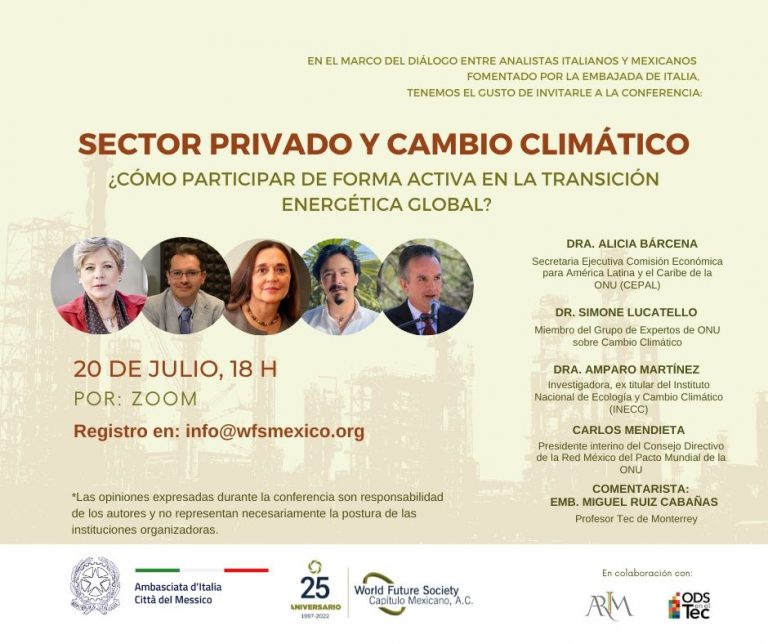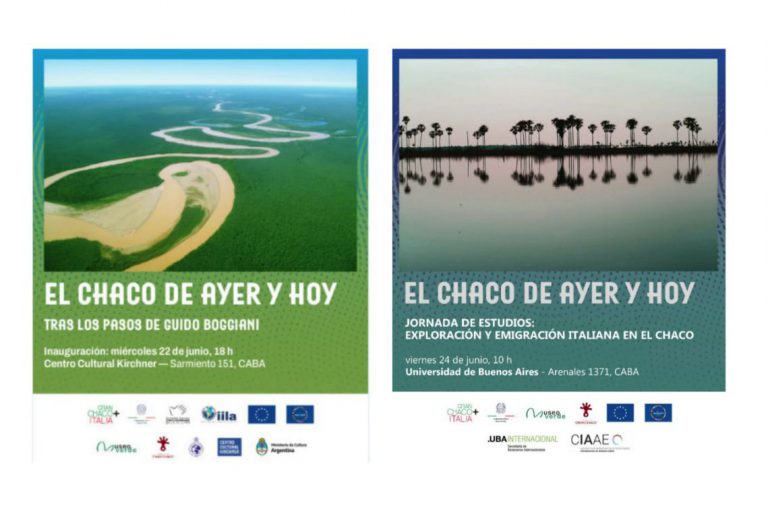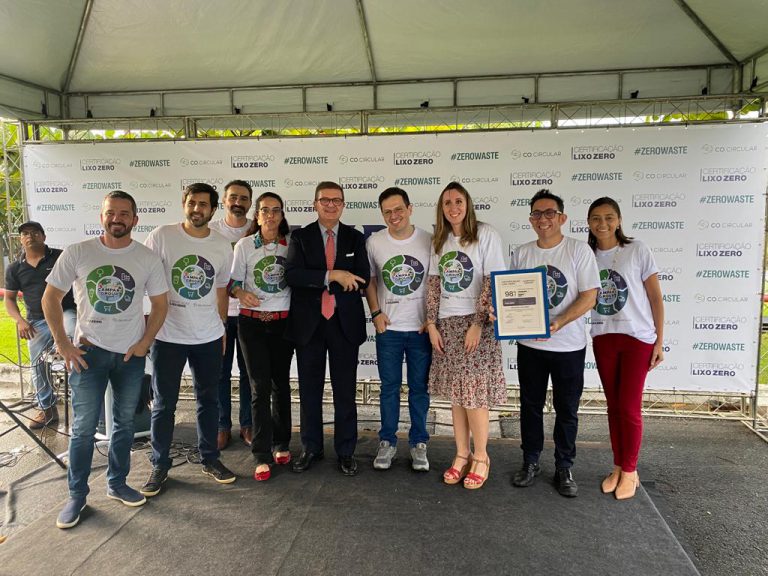“Strengthening integration with Mexico at all levels” is the goal of an agreement signed today by Minister Giulio Terzi and his Mexican counterpart Patricia Espinosa, aimed at boosting bilateral cooperation in political, security, economic and cultural contexts. The agreement was signed during the third meeting of the bi-national Italy-Mexico commission, and for the first time at the level of foreign ministers.
Great economic vitality
Italy and Mexico already enjoy great vitality in economic relations, with trade up by 32% last year to $6.5 billion, Terzi explained, adding that an Italo-Mexican business council had been active since the start of this year that involves large-scale firms along with small to midsized ones. Espinosa encouraged Italian businesses to invest in Mexico, underscoring that her country was safe and that there was “still lots of room” in the automotive, space, food production, infrastructure and tourism sectors.
Growth in a context of sustainable social and environmental development
Moreover, Italy and Mexico agree on the need to adopt growth policies to counter the global economic crisis, starting with the next meeting of the G20 on 18 June in the Mexican city of Los Cabos. Tersi referred to fostering growth “within a context of sustainable social and environmental development”. Espinosa explained that the G20 would have to send “a clear message that, in addition to structural reforms, there are going to have to be growth policies that create jobs”. On the policy front, Terzi added, Italy and Mexico are “collaborating in all multilateral forums” and agreed, for example, on UN Security Council reforms based on greater representativeness.
As regards security, Espinosa pointed out that “many advances” had been made in recent years in collaboration against crime through police and judicial collaboration agreements. On this front, she added that what was needed “is greater cooperation”, because, “organized crime is transnational”. Terzi said he was “very confident” about the “increasingly sophisticated” approach to cooperation and intelligence exchanges.








